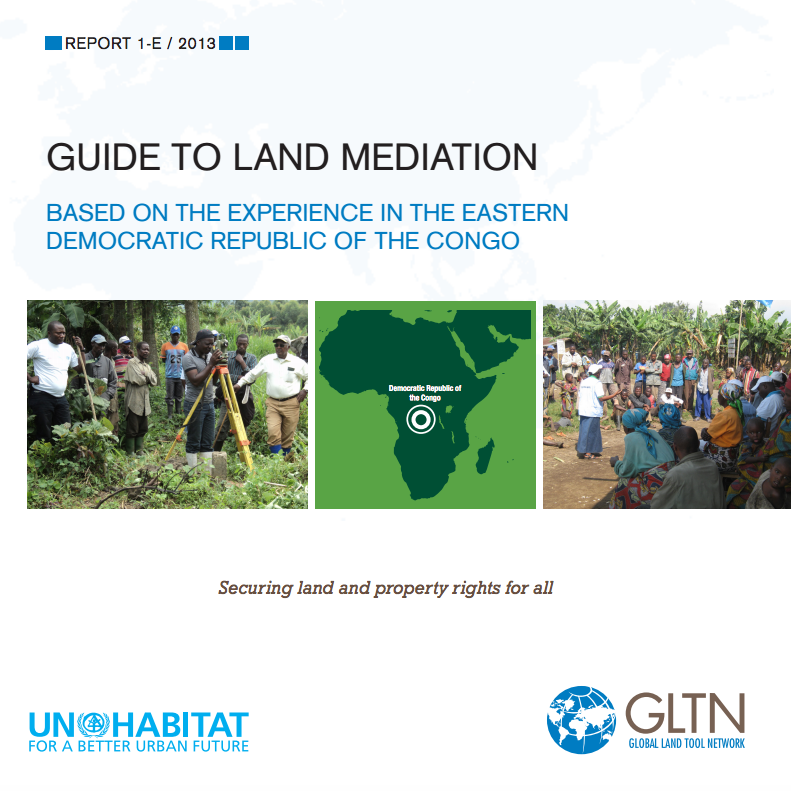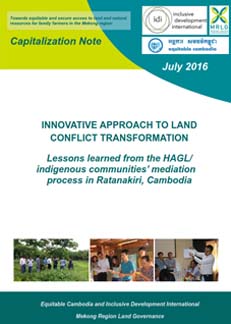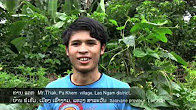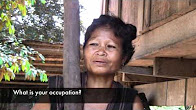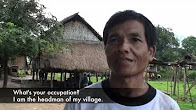Managing conflicts over land and natural resources through collective action
Seasonal changes and ambiguity in property rights over land and natural resources create conflicts in rural communities in eastern Zambia. This study describes how rural households have minimized such conflicts and protect the economic interests of the poor members of the community through collective agreements on how to manage access to land and natural resources. Specifically, this study describes and evaluates the formulation and implementation of bylaws governing the grazing of animals and the setting of bush fires.


